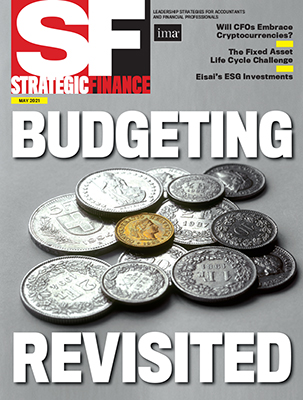It builds on the existing assurance standard International Standard on Assurance Engagements 3000 (Revised), Assurance Engagements Other than Audits or Reviews of Historical Financial Information. The guidance, published on April 6, 2021, marks an important step forward in supporting assurance for nonfinancial reporting.
EER comprises different forms of reporting—such as sustainability or environmental, social, and governance (ESG) reporting; integrated reporting; reporting on corporate social responsibility—that are increasingly becoming material to investors and other decision makers who need a broader base of information to inform capital allocation and other decisions. As a result, there’s an increase in demand for assurance engagements on such new extended types of reporting.
“As reporting evolves, auditors are increasingly asked to provide assurance on sustainability or ESG reporting. Where this type of reporting, and assurance thereon, have often been undertaken on a voluntary basis by entities, there is an increasing (and nowadays, urgent) focus on this being mandated by law or regulation,” IAASB Chair Tom Seidenstein wrote.
The new guidance responds to 10 key stakeholder-identified challenges usually encountered in applying ISAE 3000 (Revised) while promoting its consistent application in EER assurance engagements. It also addresses numerous other matters, including applying appropriate competence and capabilities, exercising professional skepticism and professional judgment, and the preconditions for an assurance engagement, as well as provides examples to illustrate differences between limited assurance and reasonable assurance engagements.
“The IAASB is not a newcomer to assurance of what is commonly referred to as non-financial information reporting,” according to Seidenstein. “[T]his guidance forms a strong package that will help enhance confidence in assurance reports and improve their reliability, including enabling practitioners to respond to new reporting regimes.”

May 2021


